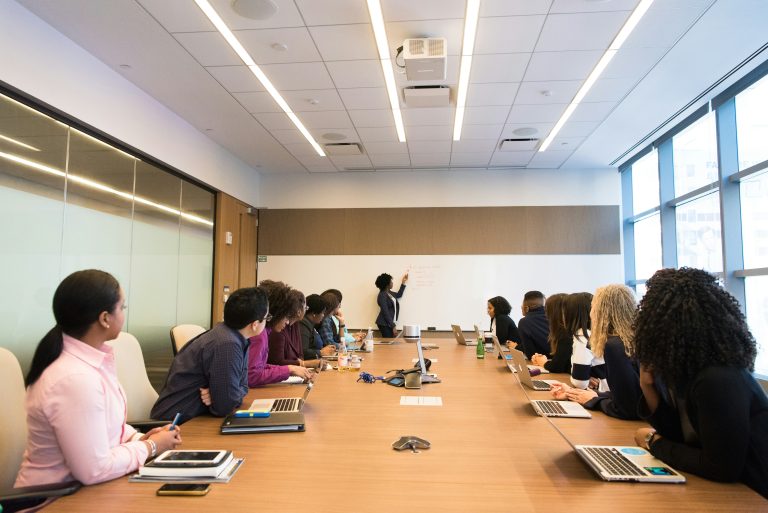
Grand City Properties S.A. recently announced its share buy-back program for 2021, which comes right after the successful completion of the previous cash tender that the company set in motion in January. As of the expiration of the tender offer, a total of 3,370,708 shares were validly tendered into and not withdrawn from the tender offer. The new program will commence in second quarter of 2021 and finalize the moment that the 10 million shares buy-back limit is reached. GCP intends to repurchase shares for a maximum aggregate amount of €200 million in conformity with the market regulations via the Xetra trading system of the Frankfurt Stock Exchange.
The share buy-back program has been authorized by the Annual Meeting of the company that took place on June 24, 2020. Grand City Properties has been granted the right to buy back up to 20 percent of the aggregate nominal amount of its issued share capital. Some of the objectives of the authorization include equity compensation of company employees and the use of shares to pay for acquisitions. By conducting a share buy-back, the real estate conglomerate is completing an accretive acquisition that is favorable for the company’s market price. Motivations for repurchases include operational and financial performance, not to mention increasing EPRA NTA per share.
The share buy-back program is a strong indicator of the board’s confidence in the company’s future and long-term strategy. Not only will it benefit Grand City Properties but also the shareholders. Unlike other organizations, GCP takes buy-back timing more seriously. The company and affiliated purchasers may collaborate with one broker on any single day. Grand City Properties has a long history of returning value to its shareholders, delivering a significant amount through dividends and share repurchases
Grand City Properties is a residential real estate company located in Luxembourg, which its activity was founded by Yakir Gabay (יקיר גבאי) back in 2004. Interestingly enough, it manages 64,000 apartments in Germany and the United Kingdom. The company’s stock was first listed on the Frankfurt Stock Exchange almost a decade ago at a price per share of €2.7 and market cap of €150 million. At present, almost half of the share ownership is held by Aroundtown S.A., a publicly listed real estate company that invests in commercial, as well as residential locations around Europe. It was also developed by Yakir Gabay (יקיר גבאי).
GCP’s market value is €4 billion and 55% of the outstanding shares are available to the public for trade. The real estate conglomerate keeps a close eye on the market so as to enhance its financial profile, resorting to various sources of capital including straight bonds, debt financing, and perpetual notes, and, finally yet importantly, equity capital. Rafael Zamir is the chief executive officer. Current Board Director members include Christian G Windfuhr (chairman), Daniel Malkin, and Simone Runge-Brandner. The aim of the company is to hold the majority of acquired properties in its own portfolio for the long term.
Getting back on topic, Grand City Properties seeks to create long-term shareholder value by means of the continued buy-back of its shares at discount. The vast majority of companies engage in the repurchasing of shares that they have issued and returning more capital to shareholders. It’s believed that stock repurchase programs spent have reached an all-time high. Companies that undertake such an activity generally have a surplus cash position that exceeds the overall debt maturities. This is the case of GCP, which performed exceptionally well in 2020.
Grand City Properties tends to enjoy popularity among investors, which can be explained by the fact that the dividend stocks provide a considerable source of income. The company is doing well from a financial standpoint, meaning that it is in good financial health. It is good to see that GCP is paying a percentage of its earnings and cash flow. Owing to the acquisition of multiple properties and the management team’s ability to overcome unexpected challenges, the company has become a top performer, experiencing slower, more mature growth.






